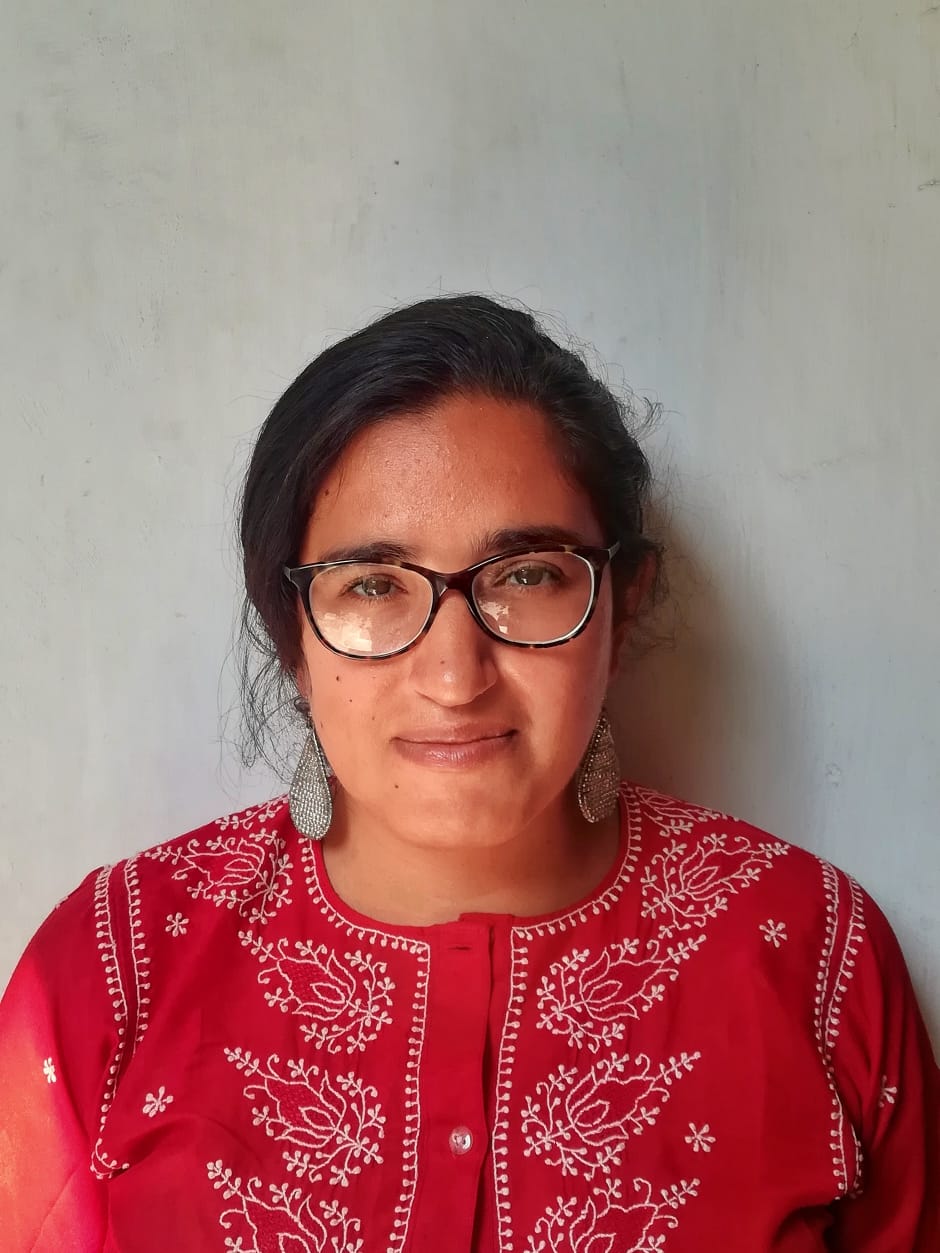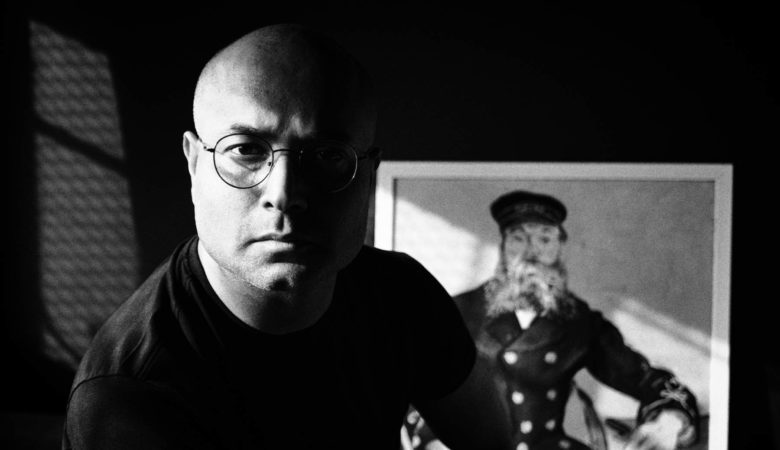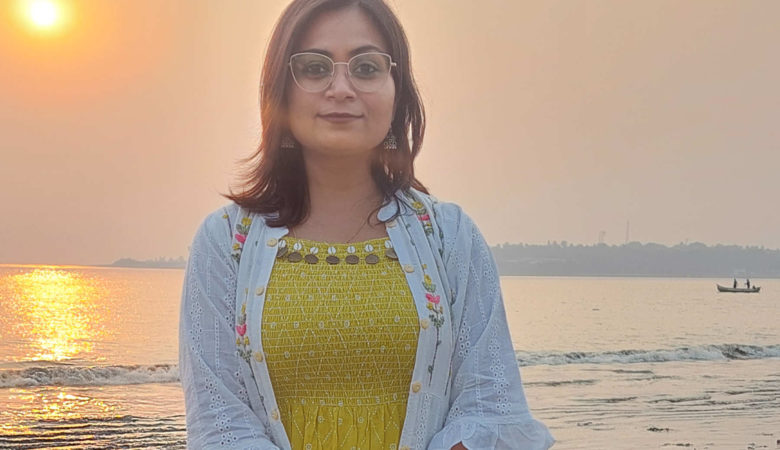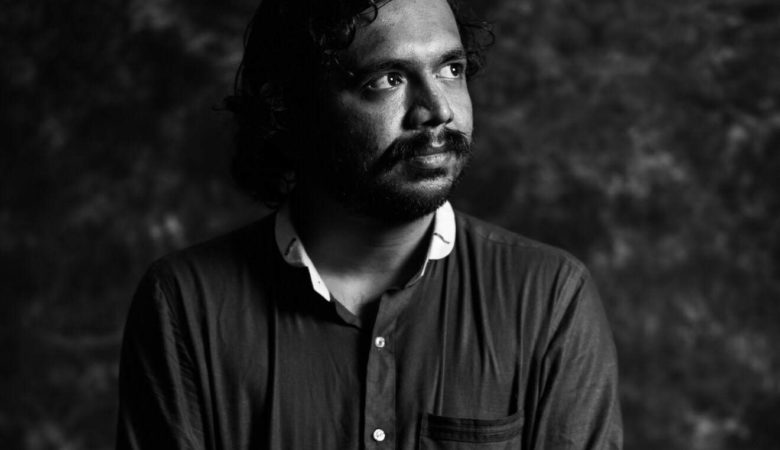Divya Sachar is a Delhi based filmmaker, photographer and writer. She has completed her Masters in English Literature from Sri Venkateswara College, Delhi University, and a post graduate specialisation in Television Direction from the Film and TV Institute of India, Pune. Her films have traveled to festivals like Prismatic Ground and IDSFFK. She also writes on films and the visual arts, and has a previous background of being a theatre practitioner and a journalist. She has taught Screenwriting and Direction to students at Bennett University.
As a child what were your early influences towards cinema? Art, literature, graphics, photography?
It was an ordinary but happy childhood. I never had any great attraction for the movies. But I remember being very moved by Raj Kapoor’s film Sagar as a five year old. The tragedy of the character played by Kamal Hassan stayed with me. Prior to that I thought every film had to have a mandatory happy ending. I was similarly attracted to short stories that did not have happy endings or the traditional forms of closure. Other than that, it was the usual Amar Chitra Katha comics, Target magazine (for children and adults), Misha (a Soviet children’s magazine) and yes, a dizzilly spinning childhood imagination thanks to Enid Blyton.
How did you first become interested in film direction?
I got interested even before college began, if I remember correctly. I had this impression that film directors were very rich and famous people. So I got interested for the wrong reasons! In college I started pursuing theater and acted in and assisted the theater director Fesial Alkazi. That was my first exposure to what a director does. The first film shoot I went to was an ad film directed by Shoojit Sarkar.
What steps did you take to train yourself?
I assisted a really crackpot documentary filmmaker at first! I was so disappointed because I thought the work was cheap and involved sleaze. I decided to quit films but then gave myself a last chance by applying to FTII.
Have you assisted anyone? How does it help one?
Yes, I’ve assisted a number of times, before, during and after FTII. Every single time I have just realised that assisting can teach you the logistical process but it doesn’t teach you the art of direction. The latter comes from within. Even if you are assisting a very talented director, at best you will learn their style. After which comes the process of unlearning. Still, it is good to observe very good directors. There’s a reason why even auteurs like Claire Denis and Jafar Panahi assisted for the longest while.
How did your first film project come about? Tell us something about the experience.
My first film was a documentary on body images called ‘A Short Film About…’ It was made under PSBT’s Gender and Sexuality cycle. I was very sick at the time and wasn’t able to dedicate myself as wholeheartedly to the process as I would have liked to. I disliked my work on the film and literally treated it as a stepchild for many years, even though it got through some respected festivals. But I have begun to see the film in a new light now. It receives a very good audience response every time, maybe because people are surprised to find humour associated with a documentary subject as serious as that. It has been cited by several academics and someone from Kerala State University has written their Masters thesis dissertation on my little film.
Tell us something about your film ‘Searcher’. What motivated you to make the film?
‘Searcher’ is a short personal essay documentary which works with avant garde elements. It is a surreal investigation into the causes of my sudden onset of schizophrenia. In this film I wonder if the trauma suffered by my grandmother in the aftermath of the Partition actually percolated down the gene pool and manifested itself, generations later, as my mental illness. This is only my second film after ‘A Short Film About…’, the interregnum being overtaken by succeeding chronic illnesses. I had to make Searcher for myself because I was still looking for answers from the universe, and making the film was a therapeutic process for me.
How do you decide on a film subject. What are your inspirations?
My decision for a film subject is dependent on how much the content resonates with me, but perhaps even more so, if the form is exciting enough. Inspiration comes from within and does not so much rely on outer elements, but having said that, I’m inspired by a number of people which includes a bunch of artists and my Guru.
Is film direction intuitive or is it something you learn?
I used to believe that practice makes perfect but I’m not so sure anymore. Direction, I think, depends on how intuitive you are more than how knowledgeable you are. There’s a reason why some people make fantastic debut films but their later films are rather pathetic, because I think they fall into the trap of letting their intuition be overcome by too much practical logic.
Your favorite films or directors? At least two of them?
Stanley Kubrick, Michael Haneke, Robert Bresson, Kelly Reichardt, Amit Dutta, Gurvinder Singh. In fact I’m also a film journalist, and am working on a book of essays on the Indian independent scene.
Any hurdles you have encountered in your journey. Things that are blocks in a achieving your vision while making your film.
My hurdles were all health related so far, but now there are financial roadblocks too. We thought that the democratisation of technology would lead to many, many more films but what is happening is that budgets have dropped so much that directors don’t get paid. There is no money in independent filmmaking, but this, at the same time, works as a filter of sorts because only if you are really committed to your artistic practice will you make the insane decision of making an independent film.
Do you often get all that is in your wish list or is it a hard bargain every time?
It’s a hard bargain when it comes to making independent cinema. Unfortunately the ruling establishment has made sure that all sources and avenues of independent filmmaking are dried up because they are terribly afraid of criticism, which is normal if you consider them as fascists. As a result, we have to look for private funding, and that, as someone recently pointed out in the context of American indie films, “highly depends on the enthusiasms of the very rich.” So if you know any rich cinephiles who would like to invest in my films, then please send them my way!
What is in the kitty now?
I’m working on a fiction feature which is an experimental sort of film about schizophrenia. I am actually looking for funds for it as of now.
Any advice to aspiring directors?
As a former university lecturer of Screenwriting and Direction, my advice to them would be to stick to your own personal truth instead of imitating others. As a filmmaker my only advice is: What? Are you crazy enough to want to be a filmmaker?
Any memorable blunders?
Haha. You and I were going to work on a web series I was writing and directing! I quit that and left for the Himalayas for another film shoot and everything changed after that.
Your dream project?
Several dream projects. Right now my next one is the dream.
Who would you like to take out for dinner?
My friend Teju Cole, a maker of several kinds of art and a Renaissance man, if ever there was one.
What are you listening to right now? And most recent book? And Movie?
Music – Pandit Kumar Gandharva and the band Fleet Foxes (their album Helplessness Blues is the jizz).
Most recent book – a book of essays on Secularism and Art including an essay by Prof Kavita Singh
Movie – A Short Chilean film called The Bones (on Mubi right now).
Your twitter handle?
@culdivsac









Leave a Reply